All Stories
-
 Life
LifeMale contraceptive test targets sperm’s travel route
Most efforts at a male contraceptive have focused on hormones, trying to stop production of sperm. A new study in mice explores leaving the sperm to themselves, and instead stops their transport.
-
 Health & Medicine
Health & MedicineTriplet births decline as IVF practice evolves
The number of U.S. pregnancies resulting in three or more babies has gone down since 1998.
By Nathan Seppa -
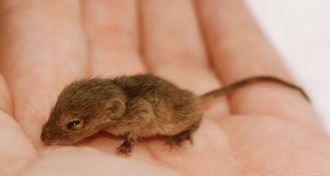 Neuroscience
NeuroscienceExcess activity shrinks blood vessels in baby mouse brains
Newborn mouse pups experience permanent brain changes when repeatedly overstimulated.
-
 Health & Medicine
Health & MedicineCell counts provide a read on ovarian cancer
New technology might discern which tumors are most dangerous and help guide treatment.
By Nathan Seppa -
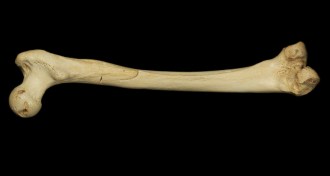 Anthropology
AnthropologyAncient hominid bone serves up DNA stunner
Spanish hominid fossil from 400,000 years ago reveals genetic ties to Asia’s mysterious Denisovans.
By Bruce Bower -
 Animals
AnimalsHow the ghost shark lost its stomach
The lack of a digestive organ in fish and other animals is linked to genetics.
By Susan Milius -
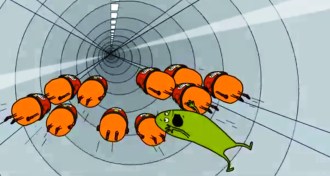 Science & Society
Science & SocietyBest science to see and hear
Science Studio bills itself as “a collection of the best science multimedia on the web.
-
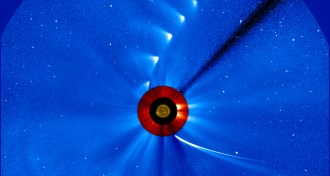 Astronomy
AstronomyISON appears to have broken up after brush with sun
Comet ISON has disintegrated in the sun’s intense heat and gravity, according to a growing consensus among astronomers.
-
 Math
MathRise of Big Data underscores need for theory
Big Data can help scientists cope with complex systems, but only with an appreciation of its limits and recognition of the need for theoretical modeling.
-
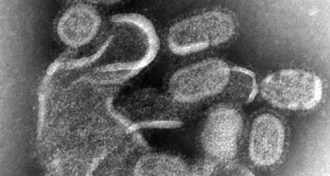 Health & Medicine
Health & MedicineForecasting system predicts peaks in flu outbreaks
A real-time forecasting system has accurately predicted the peak flu cases up to nine weeks before the outbreak.
-
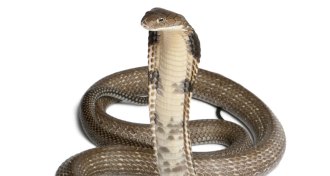 Genetics
GeneticsEvolution of venom, binge eating seen in snake DNA
Python and cobra genes evolved quickly to enable hunting strategies.
-
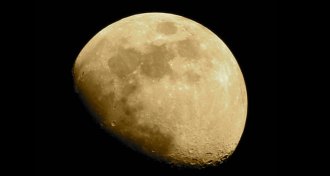 Planetary Science
Planetary ScienceMoon wears dusty cloak
Old data from Apollo missions stir up debate about speed of lunar dust accumulation.
By Meghan Rosen